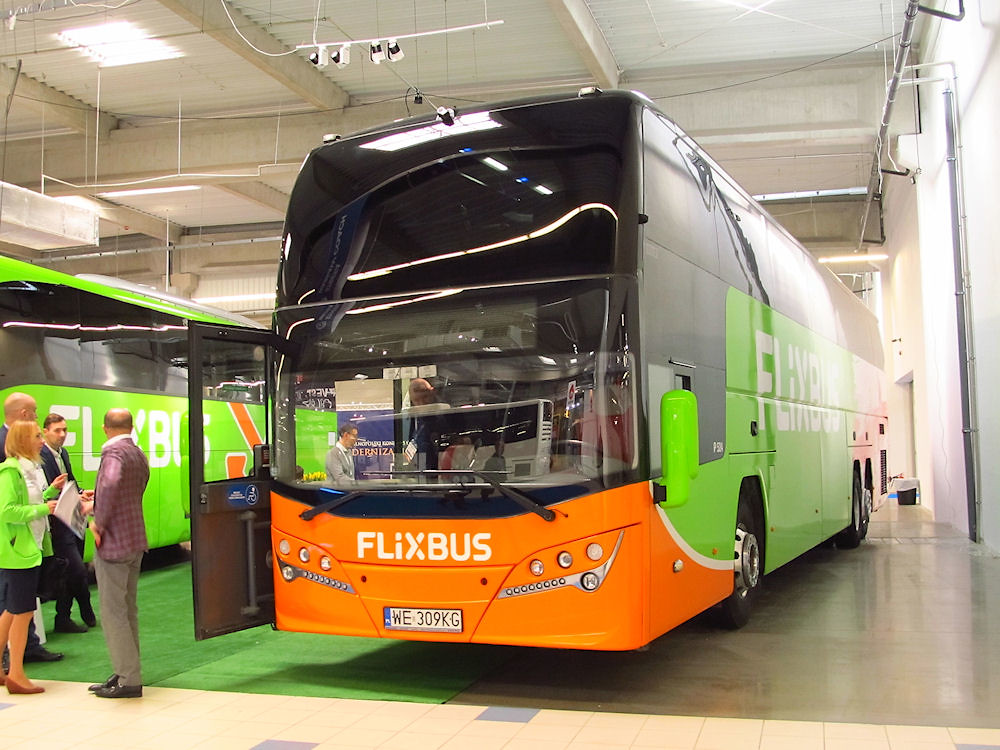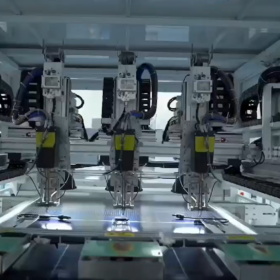Since inception of the Faster Adoption and Manufacturing of (Hybrid &) Electric Vehicles in India (FAME India) in 2015, about 2.8 lakh vehicles have been supported by way of extending demand incentives of about Rs359 crore. As pilot project, 425 e-buses were also supported for various cities in different states to promote public transportation.
This information was shared by the Minister of Heavy Industries & Public Enterprises, Prakash Javadekar, recently in the upper house of the Parliament.
Notably, in August this year the Ministry sanctioned 5595 electric buses for intra-city and intercity operation under FAME II Scheme. Of these, 5095 electric buses were sanctioned to 64 cities/state transport corporations for intra-city operation; 400 electric buses for intercity operation; and 100 electric buses for last-mile connectivity to Delhi Metro Rail Corporation.
Incentives under Phase II
Government approved Phase-I of FAME India Scheme in March, 2015 for a period of two years from April 1, 2015 to promote adoption of electrical vehicles with an aim to reduce dependency on fossil fuel and to address issues of vehicular emissions. The Phase-I of the Scheme was extended from time to time and the last extension was allowed till March 31, 2019.
The second phase of FAME India Scheme, which is for a period of three years commencing from April 1, 2019, provides a total budgetary support of Rs10,000 crore.
This phase mainly focuses on supporting electrification of public and shared transportation, and aims to support (through incentives) about 7000 e-buses, 5 lakh electric three-wheelers (e-3W), 55,000 electric four-wheeler (e-4W) passenger cars and 10 lakh electric two-wheelers (e-2W). In addition, creation of charging infrastructure will be supported to address range anxiety among users of electric vehicles.
Incentives are being provided to the consumers on purchase of electric vehicles, used for public transport or those registered for commercial purposes in e-3W and e-4W (including Strong Hybrid) segments.
Privately owned registered e-2W are also covered under the scheme, with the demand incentive to these electrical vehicles linked to battery capacity, i.e., Rs. 10,000/KWh subject to capping of 20% cost of these vehicles. Demand incentive is restricted to vehicles with prices less than the threshold value, which is Rs 1.5 lakh for electric two-wheelers, Rs 5 lakh for electric three-wheelers and Rs 15 lakh for electric four-wheelers.
This content is protected by copyright and may not be reused. If you want to cooperate with us and would like to reuse some of our content, please contact: editors@pv-magazine.com.









1 comment
By submitting this form you agree to pv magazine using your data for the purposes of publishing your comment.
Your personal data will only be disclosed or otherwise transmitted to third parties for the purposes of spam filtering or if this is necessary for technical maintenance of the website. Any other transfer to third parties will not take place unless this is justified on the basis of applicable data protection regulations or if pv magazine is legally obliged to do so.
You may revoke this consent at any time with effect for the future, in which case your personal data will be deleted immediately. Otherwise, your data will be deleted if pv magazine has processed your request or the purpose of data storage is fulfilled.
Further information on data privacy can be found in our Data Protection Policy.